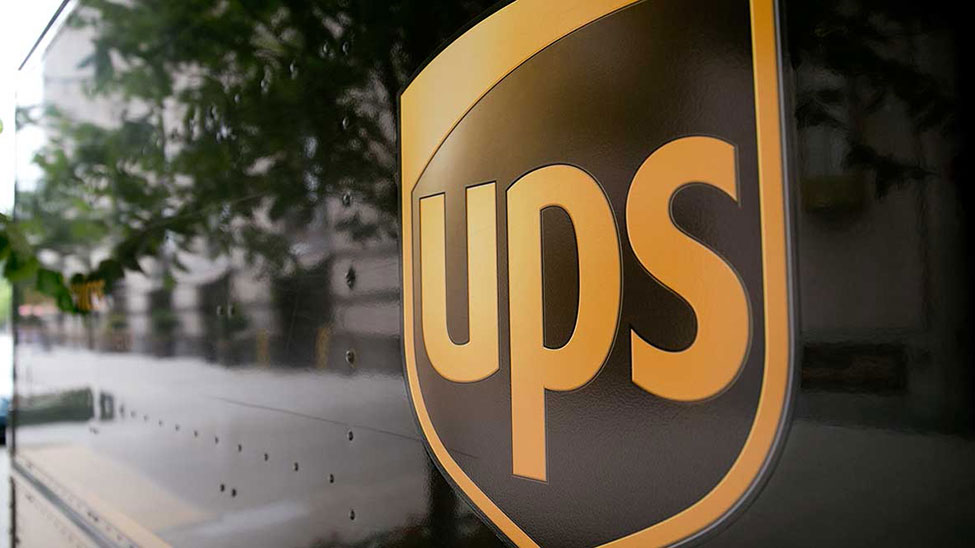
UPS “positioning itself to become the premium small package provider in the world”

Under a better and bolder approach, UPS will continue its Customer First, People Led, Innovation Driven strategy, and is positioning itself to become the premium small package provider and logistics partner in the world.
During the conference, UPS will highlight several strategic initiatives that will enable market share capture and expand its addressable market to drive incremental growth. In addition, the company will share details about how it will lower its cost to serve through its Network of the Future initiative, a plan that will optimize and further automate its core integrated network.
“We executed the strategy we set forth nearly three years ago by changing almost every aspect of our business. After coming off a difficult market in 2023, the small package industry is poised to return to growth in 2024 and beyond. Over the next three years, we plan to make bold moves to create a growth flywheel in premium markets, while at the same time drive higher productivity and efficiency,” said Carol Tomé, UPS chief executive officer. “The growth and productivity initiatives we are executing will result in higher revenue, expanded operating margins and increased free cash flow to deliver long-term value to our shareowners.”
Outlook
2026 Financial Targets
The company provides certain guidance on an adjusted (non-GAAP) basis because it is not possible to predict or provide a reconciliation reflecting the impact of future unanticipated events, which would be included in reported (GAAP) results and could be material.
The company discussed its 2026 financial targets as follows:
- Consolidated revenue ranging from approximately $108 billion to approximately $114 billion.
- Consolidated adjusted* operating margin above 13%.
- U.S. Domestic Package segment adjusted* operating margin of at least 12%.
- International Package segment adjusted* operating margin between 18% and 19%.
- Supply Chain Solutions adjusted* operating margin of around 12%.
- Free cash flow* of between $17 billion and $18 billion.
- Capital spending from 2024–2026 of approximately 5.5% of total revenue.
*Represents a non-GAAP financial measure. See the appendix to this release for a discussion of non-GAAP financial measures.












